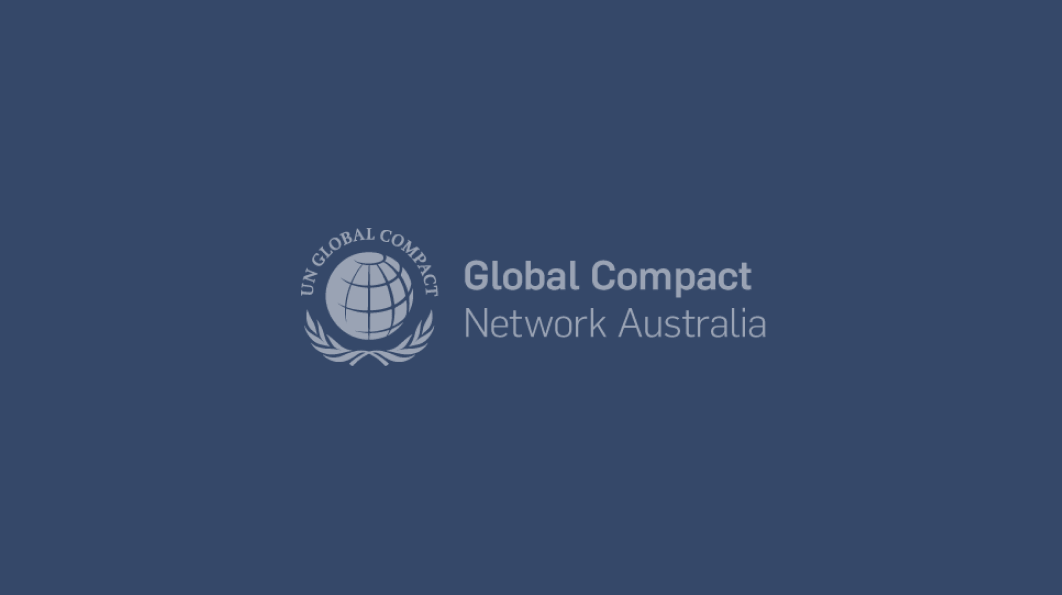Are you an Australian business with a presence in the Indo-Pacific region, or are you looking in the region for new markets? Are you looking for innovative ways to include sustainability or resilience in your business continuity plans? Is reducing humanitarian needs or mitigating disaster risks a corporate social responsibility consideration for your business?
Risks from natural disasters, extreme weather events and protracted crises can cause costly disruptions and pose near-term commercial threats for business. Companies are increasingly looking at ways to keep their business up and running through interruptions from disasters through better crisis and emergency management.
Join like-minded companies and officials from the Department of Foreign Affairs and Trade and the Global Compact Network Australia to discuss private sector engagement in humanitarian action and
emergency response, in the lead up to the upcoming World Humanitarian Summit. The Summit (23-24 May 2016) is looking at ways the humanitarian system can better meets the needs of affected people and is fit for the crises of the future.
DFAT will outline the Australian Government’s intentions for system-wide commitments to promote business continuity during emergencies, and better harness the private sector’s ideas, networks and assets in telecommunications, infrastructure, energy, logistics, financing, health and food.
DFAT also would like to exchange views on the possible establishment of a Regional Private Sector Compact, to help private sector companies contribute to disaster-risk reduction and proofing, and formalise their roles in the immediate aftermath of an Indo-Pacific crisis and in the longer-term recovery of the region.
To kick the discussion off, Jelina Taylor from Intrepid Travel will share some of their experiences in contributing to response efforts following last year’s Nepal earthquake.



